Air Quality
Gregory V. Jones, Director of the Evenstad Center for Wine Education, at Linfield College in Oregon discusses climate structure and suitability for viticulture, how climate variability and change influence grapevine growth, wine production and quality, why we plant only a few hundred of the of the more than 24,000 varieties, how warm climate winegrowing regions have hedged against climate risk by growing multiple varieties, factors beyond fossil fuels that affect climate change, and our biggest challenges ahead.
Factors contributing to nitrous oxide emissions from vineyards.
Raymond Baltar, Director, Sonoma Biochar Initiative explains how to execute a conservation burn and make biochar to reduce smoke and capture carbon.
Results from four harvest-years showed a higher productivity, up to 66% with no significant differenceswere observed in grape quality parameters. The observed increase in productivity was inversely correlated with rainfall in the vegetative period. These findings support the feasibility of a biochar-based strategy as an effective adaptation measure to reduce the impact of water stress periods with no negative effects on grape quality.
What role do grapevines play in the production and capture of greenhouse gasses?
Kris Beal, M.S., Executive Director of Vineyard Team, recounts some of the history of the organization, it’s current activities and what the future holds in store.
Marc Lea, Deputy Agricultural Commissioner, San Luis Obispo County Ag and Lottie Martin, Deputy Agricultural Commissioner, Santa Barbara County Agricultural Commissioner’s Office talk about using pesticides safely and recycling pesticide containers.
Ashley Poupart explores why sustain practices are important to the wine and winegrape industries followed by an overview and comparison of the major sustainability certifications available to vineyards.
Contacts, definitions, and processes for disposing of pesticides (hazardous waste in San Luis Obispo County.
The Conservation Burn Technique creates less smoke than a traditional burn and can create biochar.
What is smoke taint, when is the window of susceptibility, and is there anything you can do?
Sustainability rests on the principle that we must meet the needs of the present without compromising the ability of future generations to meet their own needs.

